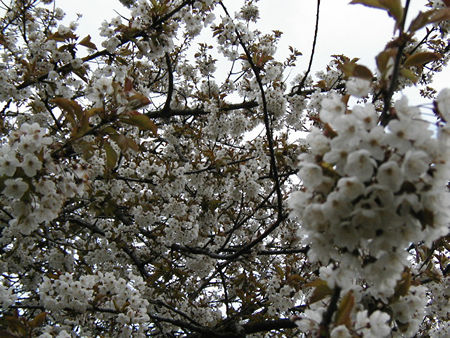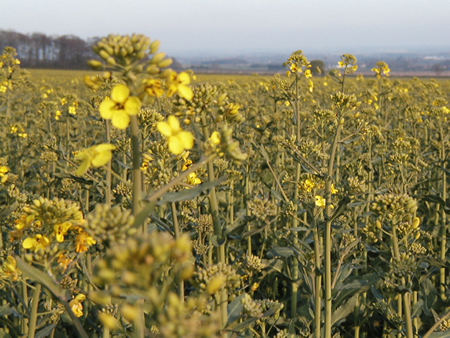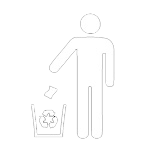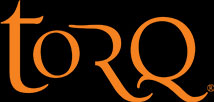Sneezing fits, itchy red eyes and tickling, runny nose? Even if you’ve never suffered from it before, hay fever is becoming increasingly common and if you’ve yet to suffer from it, print out a copy of this feature, because you may not be so lucky in years to come. If you suffer with hay fever at spring time, you are allergic to tree pollens and moulds. If you suffer in the middle of the summer, your body is reacting to grass and summer flower pollens.
The medical term for hay fever is allergic rhinitis, which isn’t only characterised by a reaction to pollen, but also to dust, animal hair and environmental pollutants such as exhaust from the cyclists best friend, the motorcar. Allergic rhinitis is a reaction of the mucous membranes of the eyes, nose and airways to one of these allergens. During a reaction, the body releases huge numbers of anti-bodies to fight what is perceived as an infection, but nothing is found. The histamine produced by these anti-bodies is the substance that causes the irritation and subsequent sneezing and dribbling. You can usually tell whether you have a cold, or rhinitis by the colour of the phlegm and snot that your body is producing. If it’s clear, it’s an allergy and if it’s coloured, your body is fighting a real infection.
Apart from the commercially available hay fever tablets (anti-histamines), there are a number of natural remedies about, which can be used alongside these drugs, or instead of them, depending on how effective you find them and the severity of your symptoms. Everybody is different, so you will need to try these suggestions independently to evaluate their effectiveness.
Vitamin C and Echinacea: As with flu or any other infection, Vitamin C and Echinacea work to ward off infections and allergens alike, lowering anti-body production and hence reducing the levels of histamine. Vitamin C actually has a duel role as it also helps to defend the body against the effects of histamine once it has been produced. Try 500mg per day, but feel free to increase this up to 2000mg if necessary. In a study by Arizona State University investigating the effects of Vitamin C consumption on histamine levels, it was found that 2000mg of the vitamin reduced histamine levels by 40 percent. Lower doses were not so effective.
Honey: Try stirring a tablespoon of honey into a mug of hot water twice per day. As well as providing you with additional carbohydrate, there is evidence that the main ingredient of honey (flower pollen) can significantly reduce the allergic response to the same substance in its airborne form. This suggests that the homeopathic philosophy of treating like with like is a valid one. One study showed that through oral ingestion of a bee pollen supplement, 22 out of the 30 people involved averaged a 75 percent improvement in hay fever symptoms, of which 4 believed that their allergy had disappeared all together. If in the most part, you suffer from the pollens surrounding your home, try buying some local honey as this is more likely to contain the pollens that you are allergic to.
Onions: Quercetin is a natural anti-histamine present in onions and also at lower concentrations in broccoli and courgettes. This substance will naturally reduce the inflammation caused by an allergen by inhibiting the release of histamine mucus cells. Quercetin is a bioflavanoid, so when you buy your vitamin C choose one of the brands that boast “also with bioflavanoids”. Not surprisingly, bee pollen also contains quercetin!
